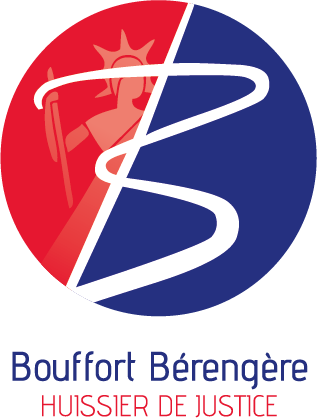Additionally, you’d ensure your website is mobile-friendly and loads quickly to provide a good user experience. The title tag of your web pages is one of the first elements that users look at when deciding whether or not to click through to a page from their search. Well-written, engaging titles are known to increase click through rate (CTR) and engagement. I’ve over a decade of experience in the SEO experience, and I understand the importance of optimizing on-page SEO elements for achieving search engine SEO Anomaly dominance.
If you’re opting to blog, make sure your content is well written and written with your audience in mind. There is no use in creating content if your audience doesn’t understand it. When you set a URL for a page, you’ll want to include the keyword in the URL. If you’re trying to rank for a particular keyword, Google will look for it in your URL, too. By placing it in the URL, Google will understand the context of your page better. If Google saw your title said “How to Change a Tire” but your page just listed different types of tires, they wouldn’t rank your page for that keyword.
Outbound links
On-page SEO is important because it tells Google all about your website and how you provide value to visitors and customers. It helps your site be optimized for both human eyes and search engine bots. Tools like Google Analytics can provide valuable insights into your organic traffic measurements and the effectiveness of your on-page SEO through keyword ranking changes.
Does This Service Include Revisions?
- But be sure not to neglect the other SEO performance factors for too long.
- Your target keywords should have a high search volume, meaning there should be a decent number of people who are searching with that keyword.
- Yes, on-page SEO is crucial for improving search engine rankings and driving organic traffic.
- In other words, on-page SEO is the work you put into revising and developing your webpages.
- Although it can sound like gibberish in the beginning, with a little research, SEO is easier to implement.
This owned first-party data will allow you to create personalised experiences for your site visitors without compromising their privacy. Choose relevant anchor text based on the page you’re linking to. Add external links within your content, not at the end of the sentence. If you’re writing an article about “the best way to brew coffee”, don’t just add a link to a site with the anchor text of “learn more about brewing coffee here“. Outbound links from your site also impact the quality of your content and pages in Google’s eyes. If you have implemented the previous three checklist points, this next step should be easy.
You need to add value beyond what the current search results contain. Search Console is designed to help you track your site’s performance in Google search. Use these tools and techniques to set your site up for SEO success. Just work through the checks that are most relevant/important for your site. It works for blogs, Shopify sites, local businesses, affiliate sites, and pretty much any other type of website you can think of.
On the other hand, my voice search study gives bloggers and journalists data that they can EASILY reference. You probably already have sitelinks underneath your result when you search for your brand in Google. For example, I wanted to get in the Featured Snippet for the keyword “nofollow links”. And now you’re ready for our second strategy to help improve your SEO. It’s important to review URLs before publishing a web page because most Content Management Systems (CMS) will auto-generate the URL based on the title of a web page.
What Information Is Needed to Start My On-Page SEO Order?
After all, providing searchers with relevant and useful information is what search engines need to do every second. Off-page SEO embodies any efforts implemented outside of a website to improve its search engine rankings. It’s currently in beta, but the new AI Content Grader in Ahrefs finds “missing” subtopics. It does this by comparing the content of the three top-ranking pages for your target keyword to your content. Google says that title tags are often the main piece of information searchers use to decide which result to click on.
